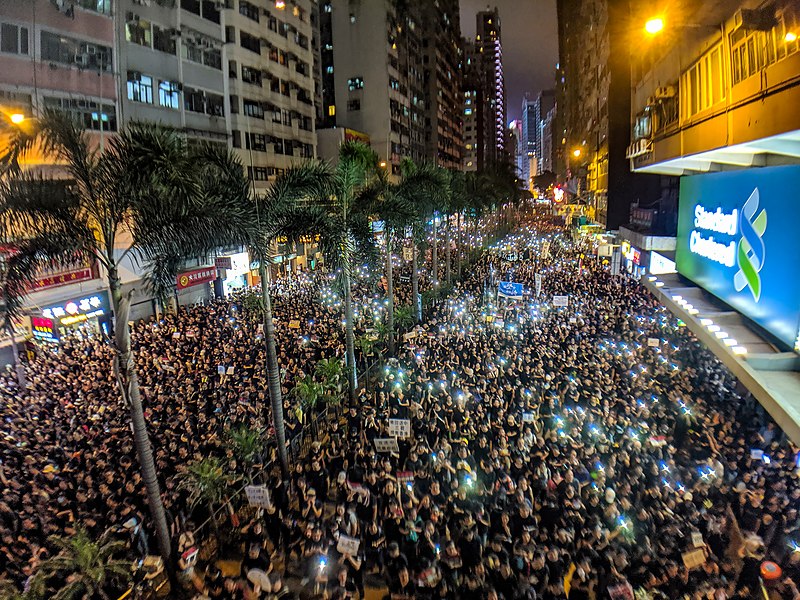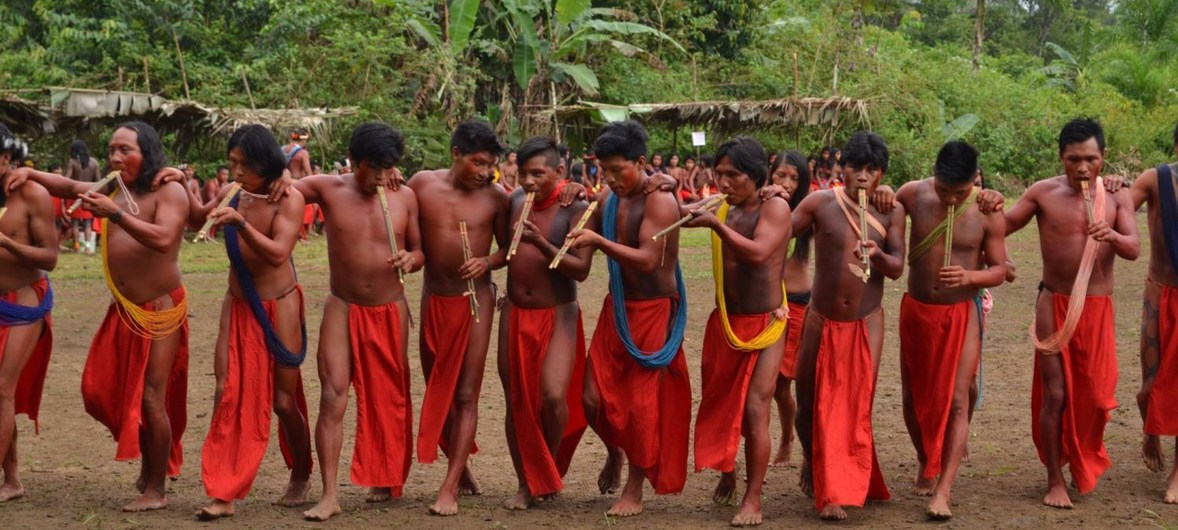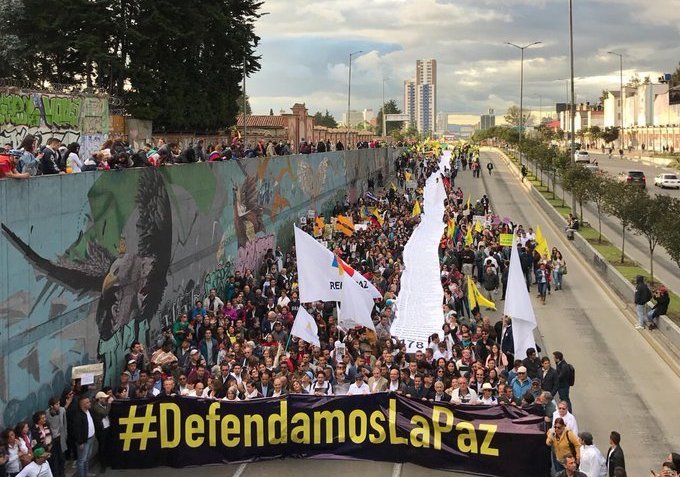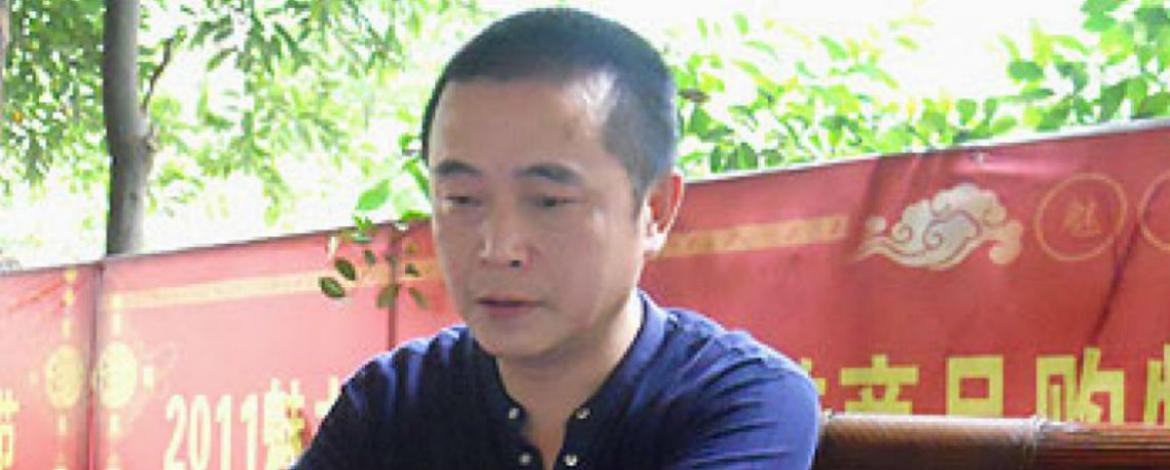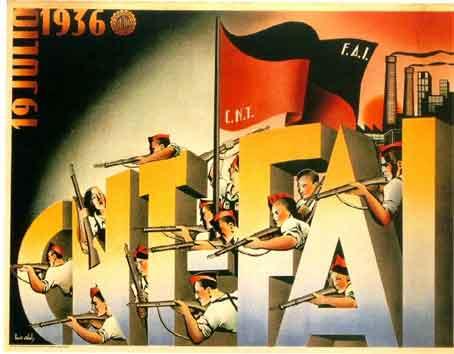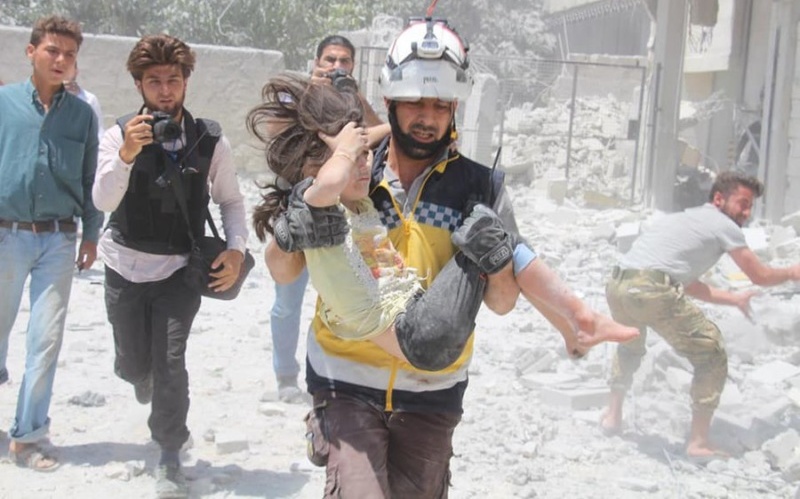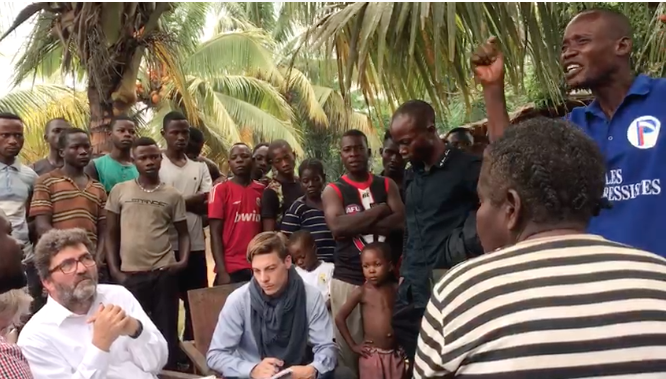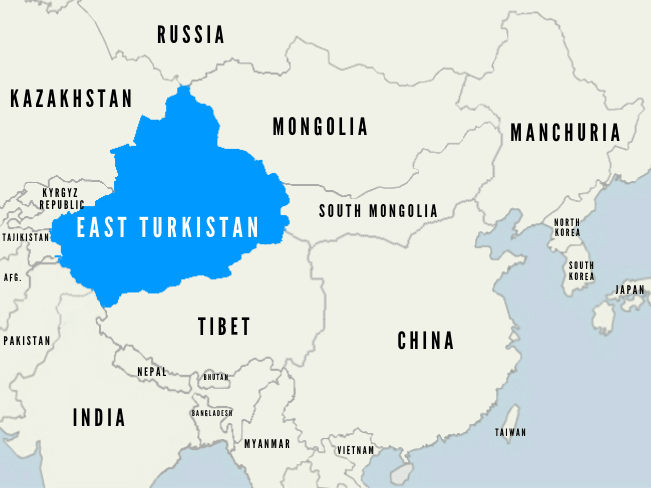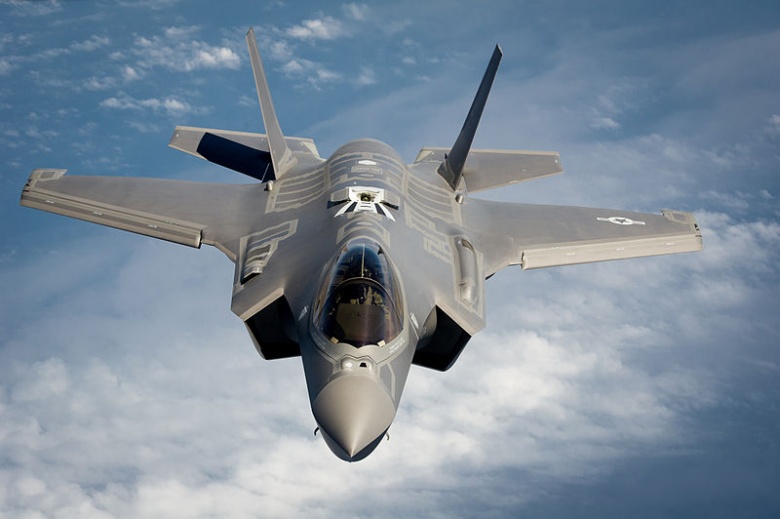
US allies maintain lead over Taliban in civilian deaths
The UN Assistance Mission in Afghanistan (UNAMA) released a midyear report detailing the 3,812 civilian casualties in Afghanistan since Jan. 1, 2019. According to this report, Afghan government forces and their allies killed 717 civilians, while the Taliban and other militant groups have killed 531 civilians. Nonetheless, there was an overall 27% decrease in civilian casualties from the same period of 2018, with the decrease attributed to a shift away from ground engagements and suicide bombers. Aerial operations continued to be a rising cause of civilian casualties. The report also states that women are disproportionately affected by the ongoing attacks, not only due to loss of life or serious injury, but also secondary effects such as economic insecurity and displacement. In addition, women are at a higher risk of sexual violence and gender-based violence. (Photo: USAF)



